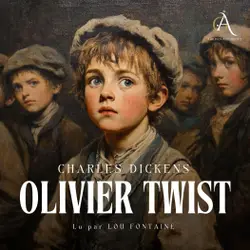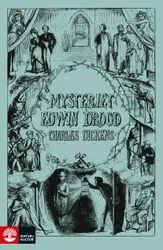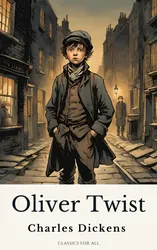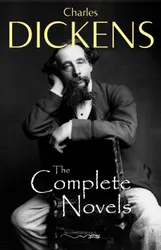A Tale of Two Cities is a novel by Charles Dickens, set in London and Paris before and during the French Revolution. The novel depicts the plight of the French peasantry demoralized by the French aristocracy in the years leading up to the revolution, the corresponding brutality demonstrated by the revolutionaries toward the former aristocrats in the early years of the revolution, and many unflattering social parallels with life in London during the same period. Dickens's famous opening sentence introduces the universal approach of the book, the French Revolution, and the drama depicted within: It was the best of times, it was the worst of times, it was the age of wisdom, it was the age of foolishness, it was the epoch of belief, it was the epoch of incredulity, it was the season of Light, it was the season of Darkness, it was the spring of hope, it was the winter of despair, we had everything before us, we had nothing before us, we were all going direct to Heaven, we were all going direct the other way—in short, the period was so far like the present period, that some of its noisiest authorities insisted on its being received, for good or for evil, in the superlative degree of comparison only. In 1775, a man flags down the nightly mail-coach on its route from London to Dover. The man is Jerry Cruncher, an employee of Tellson's Bank in London; he carries a message for Jarvis Lorry, a passenger and one of the bank's managers. Mr. Lorry sends Jerry back to deliver a cryptic response to the bank: "Recalled to Life." The message refers to Alexandre Manette, a French physician who has been released from the Bastille after an 18-year imprisonment. Once Mr. Lorry arrives in Dover, he meets with Dr. Manette's daughter Lucie and her governess, Miss Pross. Lucie has believed her father to be dead, and faints at the news that he is alive; Mr. Lorry takes her to France to reunite with him.

Un chant de Noël - Livre Audio
Charles Dickens, Livres audio en français
audiobook
Olivier Twist - Livre Audio
Charles Dickens, Livres audio en français
audiobook
Jufvrouw Lirriper
Charles Dickens
book
Mysteriet Edwin Drood
Charles Dickens
book
12 Classic Books You Need to Read Before You Grow up
Antoine de Saint-Exupery, Lewis Carroll, Robert Louis Stevenson, Frances Hodgson Burnett, Mark Twain, Eleanor H. Porter, Jules Verne, Charles Dickens, Jack London, Lyman Frank Baum, Margery Williams, J.M. Barrie
audiobookbook
Oliver Twist : Charles Dickens' Timeless Classic - A Tale of Hope, Adventure, and Triumph (Complete Unabridged Edition)
Charles Dickens, MyBooks Classics
book
Oliver Twist : A Timeless Classic by Charles Dickens
Charles Dickens, Icarsus
book
Oliver Twist by Charles Dickens : A Timeless Classic of Redemption and Courage (Active TOC, Free Audiobook)
Charles Dickens, Classics for all
book
Oliver Twist : The Beloved Classic That Captured the Hearts of Generations
Charles Dickens, knowledge house
book
Oliver Twist : A Captivating Tale of Courage and Compassion
Charles Dickens, Classics HQ
book
10 Masterpieces You Have to Read Before You Die, Vol. 1
Edgar Allan Poe, Herbert George Wells, Mark Twain, Fyodor Dostoyevsky, Charles Dickens, Arthur Conan Doyle, George Orwell, Howard Phillips Lovecraft, Washington Irving, Francis Scott Fitzgerald
audiobook
Charles Dickens: The Complete Novels
Charles Dickens
book
